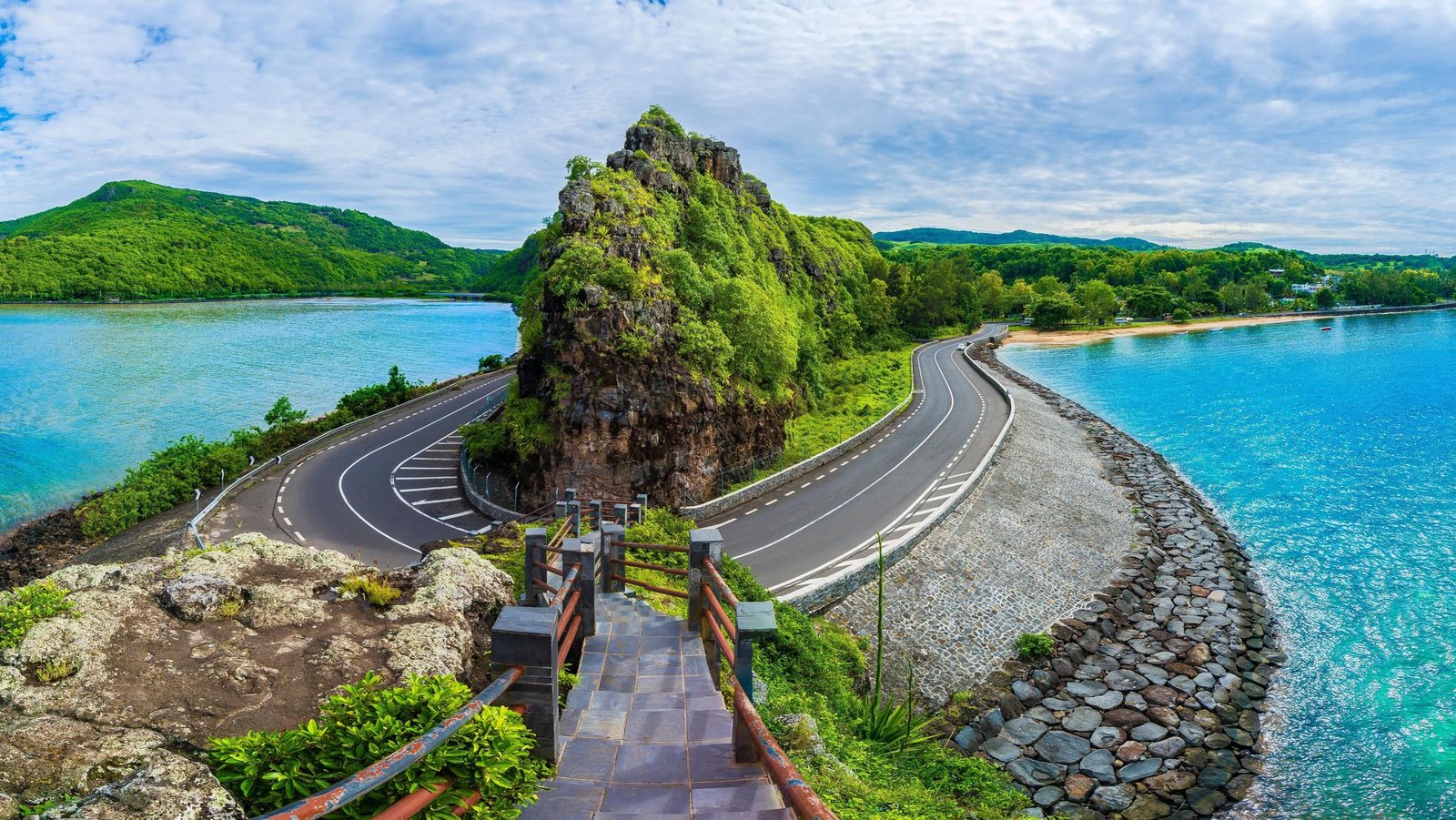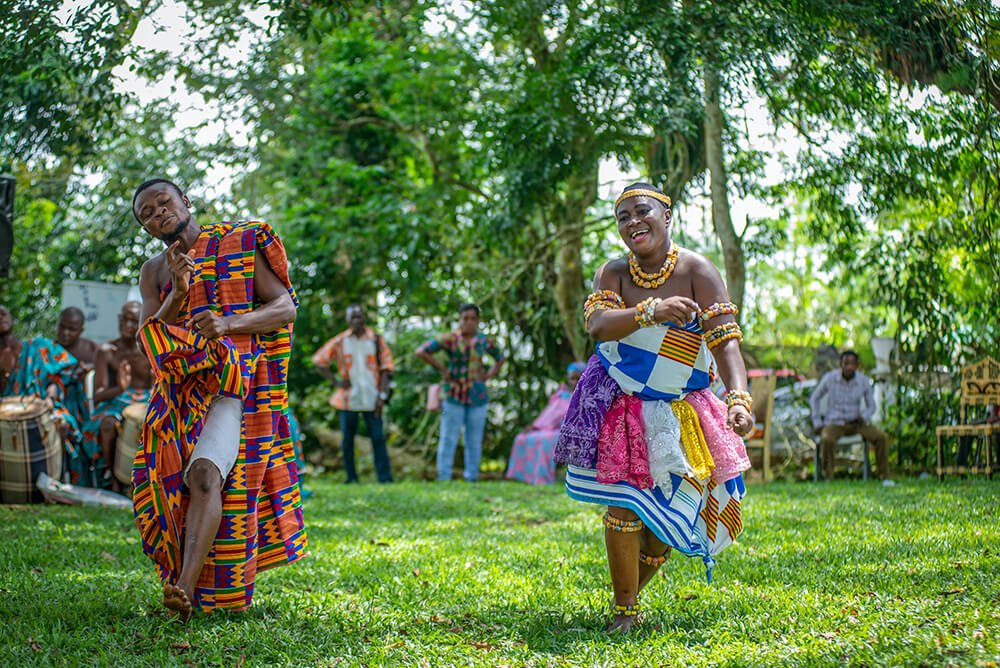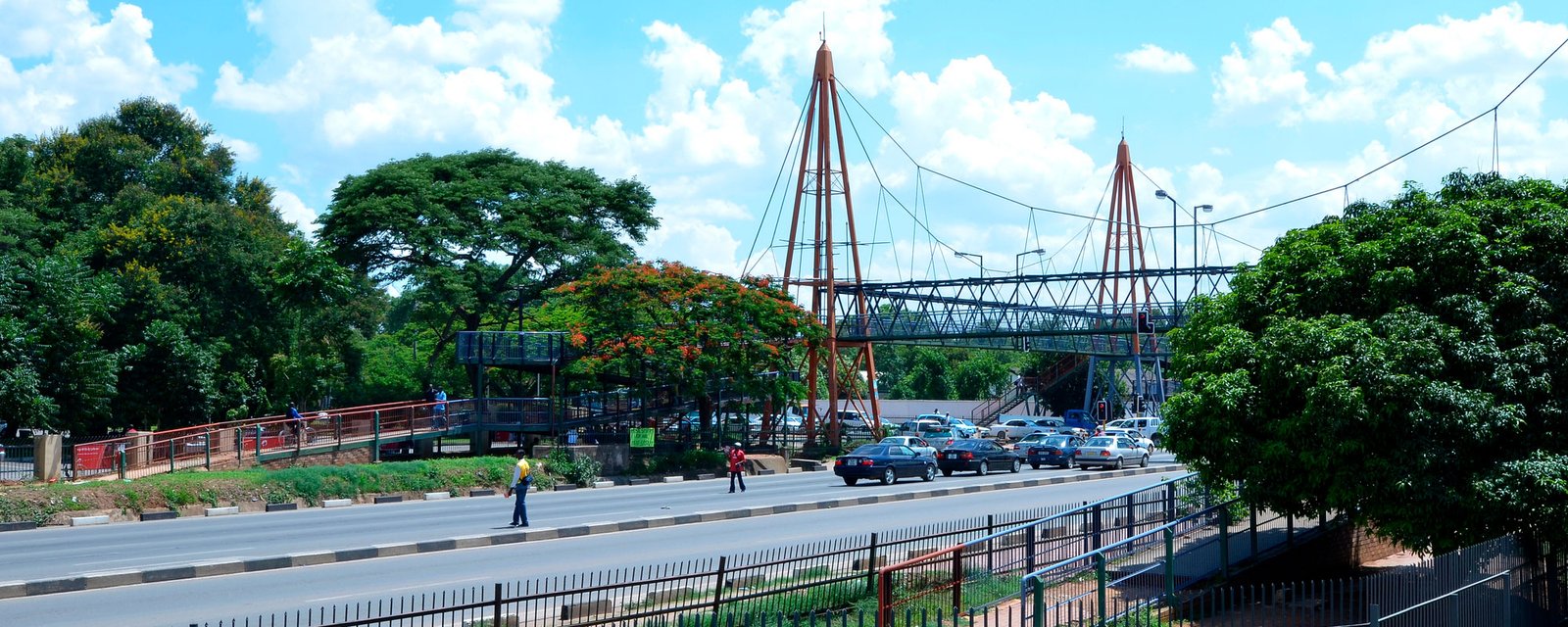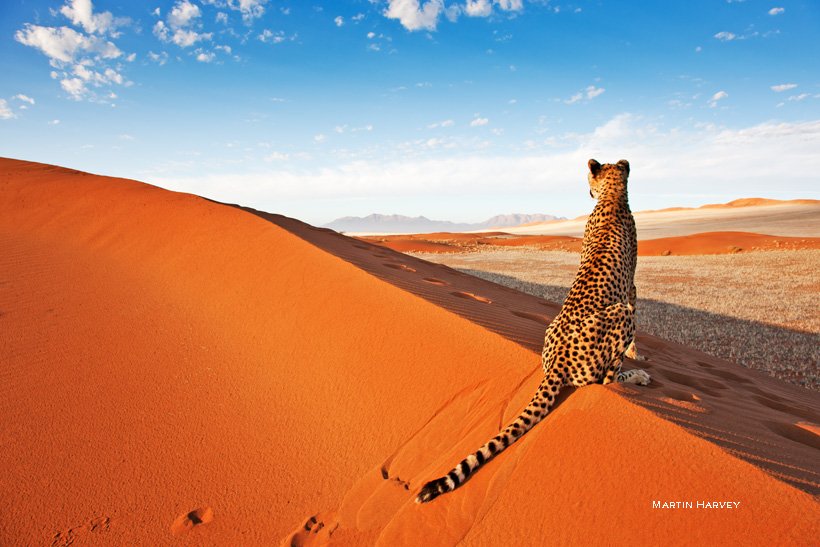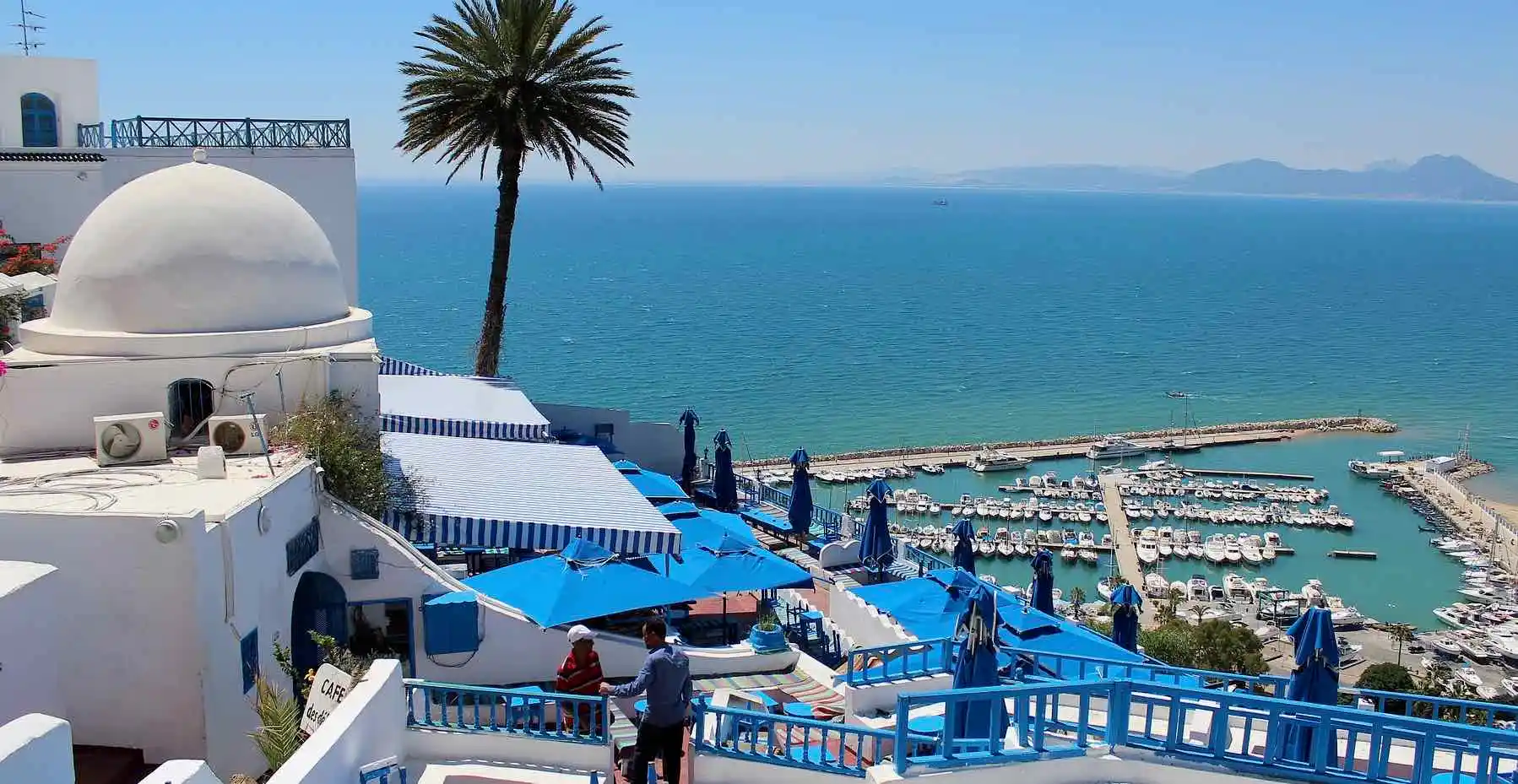Top 8 safest countries in Africa
Africa is often misrepresented as a continent plagued by violence and instability. However, the reality is far more diverse and complex. For instance, Ghana boasts a lower crime rate than Canada and the U.S., Mauritius ranks higher than China on the Human Development Index, and Tanzania maintains greater social harmony than France.
To provide a fact-based perspective, Elem Adventures research team analyzed global reports, government data, and local residents’ views on safety. The result is a well-researched ranking of the Top 8 safest countries in Africa going beyond just tourist hotspots to showcase truly secure destinations.
How we selected the safest countries in Africa
For each analytical study, we chose 7–10 prominent nations and awarded them one point. This list includes the countries that received the highest scores. Our study was based on the rankings shown below:
The Institute for Economics & Peace established the Global Peace Index (GPI), which evaluates 163 nations and represents 99.7% of the world’s population. The index considers 23 factors, including social safety, the breadth of current foreign and local conflicts, and the amount of militarisation.
The Global Terrorism Index (GTI) assesses the number of attacks, deaths, and economic effects. Although we did not intend to use this index, one country’s figures jumped out. Burkina Faso, a West African country, topped the list in 2023 for the first time in 13 years, with almost 2,000 terrorism-related deaths. This amount represents approximately a fifth of all such fatalities globally.
KOF Globalization Index. The Swiss Economic Institute developed it in 2002 to assess the economic, social, and political implications of globalization. It takes into account the volume of international trade, cultural exchanges, and political collaboration, which represent a state’s level of integration into the global community.
Numbeo’s Crime Index gathers and organizes trustworthy data on quality of life and socioeconomic aspects in cities and nations throughout the world. It is based on surveys that analyze the general crime situation, including both petty and violent crime, as well as the safety of wandering around at various times of day.
Global safety report. Compiled by the American Institute of Public Opinion, which was founded in 1935 by sociologist George Gallup. It collects information on people’s feelings of safety and their perceptions of law enforcement effectiveness.
The United Nations Development Programme devised the Human Development Index (HDI), which assesses a country’s average achievements in three main areas of human development: life expectancy, education, and per capita income. The index measures the overall well-being and quality of life in 193 nations.
1. Mauritius
Capital: Port Louis
Population: 1.3 million
This island nation in Southeast Africa is one of the continent’s safest. In the Global Peace Index, it outperforms the great majority of countries globally, including Spain, Norway, Italy, the United Kingdom, Sweden, the United States, and many more. Mauritius is in the green zone on the Terrorism Index, with a score of 0.000, signifying the lowest danger level.
It is ranked 83rd out of 146 in terms of crime rate. You are less likely to become a victim of a crime here than in the United Kingdom, New Zealand, Sweden, or Belgium. Meanwhile, according to the Global Safety Report, residents in all of the aforementioned nations believe they are safer than Mauritians. As one would assume, a similar process may be observed in human growth. However, Mauritius’ indicator remains greater than that of China, North Macedonia, Moldova, and India. In terms of globalization, the country leads Turkey, Russia, and even Hong Kong.
What country is the safest in Africa?
According to the 2024 Global Peace Index, Mauritius is Africa’s safest country. However, this varies depending on the measurements or rankings used. Safety rankings are influenced by factors such as petty crime, political stability, and economic situations.
According to the Institute for Economics and Peace, Mauritius has held top ranks for the previous 17 years and is the only Sub-Saharan African country that has not been involved in any internal or foreign crises in the last five years.
2. Ghana
Capital: Accra
Population: 34.5 million
Ghana’s coastline borders the Atlantic Ocean, while it has land borders with Togo, Côte d’Ivoire, and the famously problematic Burkina Faso. Regardless of its location, Ghana is noted for its independent judiciary, multiparty democracy, and freedom of expression, including a free press.
In terms of the Global Peace Index, it outperforms Moldova, Bosnia and Herzegovina, France, China, and even Jamaica. In the Terrorism Index, it ranks among the countries with a zero. The crime rate is lower than in Canada, Greece, and Australia.
According to the Global Safety Report and the Human Development Index, Ghana trails behind all “first-world” countries while outperforming the bulk of African countries, including famous tourist destinations such as Kenya, Ethiopia, and Madagascar (often romanticized in Hollywood).
Which country in Africa has the least crime?
According to the Numbeo Crime Index 2025, Ghana, Rwanda, and Tunisia have the lowest crime rates in Africa. However, crime is difficult to quantify, and rankings frequently rely on how crime is classified and reported. Different sources or indexes may use different data gathering techniques, time spans, and survey procedures, resulting in variances in their conclusions.
3. Zambia
Capital: Lusaka
Population: 21.1 million
Zambia, located in the continent’s south, has been politically stable since achieving independence from Britain in 1964. Over the last decade, it has had rapid economic growth in comparison to many other African countries, which is always reflected in internal security levels.
Zambia, like Ghana, falls behind several prominent Western and European countries on the Global Peace Index but remains in the “top tier.” Notably, it surpasses major tourist destinations such as Thailand, Nepal, China, India, and even France.
Zambia has the world’s second-lowest terrorist danger, and its crime rate is lower than that of Greece, Ireland, Italy, Australia, the United Kingdom, and other rich countries. In other ranks, Zambia outperforms its continental neighbors.
4. Namibia
Capital: Windhoek
Population: 2.8 million
Welcome to Southern Africa. Namibia borders South Africa, Botswana, Angola, and Zambia. While its shared border with Zambia is only 247 kilometers (153 miles), the two countries have a lot in common.
Namibia, for example, ranks just marginally behind Zambia on both the peace index and the terrorism index, outperforming the majority of countries globally. According to the Global Safety Report, it outperforms Kenya and most of its neighbors. The UN paints a similar picture: the country’s human development is higher than that of Zambia, Nepal, Rwanda, and half of all African, Middle Eastern, and Asian countries.
According to Gallup analysts, the majority of nations where inhabitants report feeling dangerous on the streets year after year are in sub-Saharan Africa, Latin America, and the Caribbean. The only exceptions to this rule are Namibia and Malawi.
The 2024 presidential election is a reliable predictor of political and social stability. Netumbo Nandi-Ndaitwah is the first woman to serve as head of state in history.
5. Morocco
Capital: Rabat
Population: 39.2 million
The Kingdom of Morocco is considered the continent’s commercial powerhouse. It shares a border with Europe, notably Spain, via the Strait of Gibraltar. According to Global Finance, Morocco stands out from the rest of Africa due to its stable political climate, robust financial markets, and infrastructure.
Morocco ranks higher on the Peace Index than Nepal, France, China, and over a hundred other countries. Terrorism has little impact, and the crime rate is lower than in the United Kingdom, New Zealand, Sweden, the United States, and other nations that are typically used as standards. The Global Safety Report provides a similar conclusion. According to UN estimates, Morocco is one of the top countries in Africa and the Eastern region.
6. Tunisia
Capital: Tunis
Population: 12.3 million
Tunisia, which has easy access to Europe via the Mediterranean Sea, is routinely ranked as one of the safest and most developed African countries. On the peace scale, it is ahead of Thailand, Nepal, France, China, Cyprus, and half of the world, ranking 73rd. Its terrorist danger rating is not zero, unlike some of the other countries on our list, but it is still lower than that of Greece, the United States, Turkey, Kenya, or India.
Tunisia has comparatively low crime rates, making it safer than Canada, Ireland, Italy, Australia, the United Kingdom, Sweden, and Belgium. Tunisia’s human development ranking is not very high, yet it still outperforms several major tourist destinations such as Vietnam, Indonesia, the Philippines, India, and others.
7. Egypt
Capital: Cairo
Population: 112.7 million
Egypt, located between the Middle East, Europe, and the rest of Africa, aspires to be one of the world’s leading international commerce and investment hubs. As previously, the country’s economy is based on oil and mineral exports. Recently, the government has undertaken a number of megaprojects. These include widening the Suez Canal, creating smart cities, and constructing new roads and transit infrastructure.
The Institute for Economics and Peace ranks Egypt 105th out of 163 in terms of peacefulness (still ahead of India, the United States, Turkey, and Ethiopia) and 20th in terms of terrorist danger. However, scholars ascribe this finding mostly to Middle Eastern tensions rather than domestic difficulties or conflicts.
In other ways, Egypt is consistent with the safest African countries already stated. The crime rate is lower than in the United Kingdom, New Zealand, Sweden, the United States, Belgium, and France. Egypt also ranks higher on the Global Safety Report than the Netherlands, Taiwan, Austria, Spain, Germany, Hong Kong, Japan, the Czech Republic, South Korea, and many other countries. According to the UN Human Development Index, it outperforms Vietnam, Indonesia, the Philippines, Venezuela, Kenya, Ghana, Zambia, Morocco, Namibia, and India.
8. Tanzania
Capital: Dodoma (official capital), Dar es Salaam (economic and cultural center)
Population: 68.6 million
Tanzania stands out as one of Africa’s most politically stable, safest, and most fascinating countries. Over the past two decades, its economy has steadily expanded, driven by international trade, foreign investment, and tourism. Recognizing its competitive edge over other African destinations, the government actively promotes tourism. The country attracts global attention for its vast wildlife reserves, such as Serengeti National Park and Ngorongoro Crater, as well as its rich cultural heritage and Africa’s tallest peak, Mount Kilimanjaro.
Every year, hundreds of thousands of travelers visit Tanzania to experience world-class safaris, conquer Mount Kilimanjaro (5,895 meters/19,341 feet), relax on Zanzibar’s white-sand beaches, explore colonial-era Stone Town, and discover picturesque tropical islands. Visitors also witness the Great Migration, spot tree-climbing lions, and explore Lake Tanganyika, the world’s second-deepest lake after Lake Baikal. As tourism continues to rise, the country offers a diverse range of experiences, from thrilling safaris to tailor-made travel packages showcasing its best attractions.
With a strong commitment to enhancing its tourism sector, the government allocates significant resources to safety. In 2023, Tanzania climbed 11 places on the Global Peace Index, outperforming Thailand, Nepal, France, and China, along with nearly 100 other nations. Its terrorism risk remains lower than that of the United Kingdom, Germany, Russia, Greece, and even the United States. Surprisingly, countries like the Maldives, France, and Argentina report much higher crime rates.
While Tanzania continues to captivate travelers with its natural wonders and thriving tourism industry, opportunities for growth in human development remain. In the latest UN rankings, Tanzania stands at 167th out of 193 countries—ranking above several locations that rarely appear in travel brochures.

